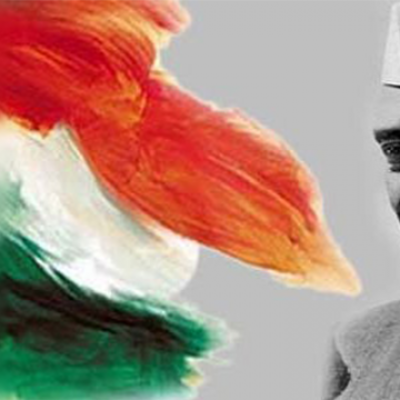Mother Teresa as an Evangelist in India:
If the question comes to the focus whether Mother Teresa as an Evangelist in India, tried to focus on her specific work, we have to brood over the issue gravely. If we dip delve into the works of Mother Teresa we are sure to find that her work in India was primarily focused on serving the poor and needy, rather than on complete evangelism. However, her Catholic faith was a pivotal part of her life and her complete work, and she saw her service as a way to share the love and compassion of Jesus Christ with the people around her.
Throughout her time in India, Mother Teresa used to speak about the importance of faith and prayer, and she often shared the teachings of the so called Catholic Church with those around her. She was in belief that by serving the poor and needy, she could demonstrate the very love of God and help others to understand the prolific importance of faith.
In her ministry, Mother often worked with people of different religions and backgrounds, and never imposed her own beliefs on those she served. However, she looked upon her service as a way to build relationships with others and sharing the message of Christ through her every action.
The moment the question comes to the forefront how Mother Teresa as an evangelist in India worked here, the powerful example of the role comes to the forefront that faith can play to serve others. While she was not an prolific evangelist, she noticed her service as a way to live out the teachings of Christ and spread His message of love and compassion to those in utter distress, regardless of their religion or respective background. Her legacy is going on to inspire people round the globe to live out their faith while serving others.
Mother Teresa's work in India refers to humanitarian and a care giving. These were focused on serving those who were most marginalized, particularly the poverty stricken people, sick, and obviously dying. She believed that all her services were the way of expressing her Catholic faith and living out the holy teachings of Christ.
Through her service in India, Mother not only provided physical care for the needy, oppressed ones, but also spiritual care. She often prayed with and for those she served. She spoke to them about the love and mercy of God. While she never imposed her beliefs on others rather she took her service as an opportunity to share the very message of Christ through her actions and words.
Mother Teresa's approach to evangelism was grounded in the particular belief that the best way to spread the message of Christ was through various actions of love and compassion. She believed that the poor and downtrodden persons were the "living image of Jesus," and to serve them was a way of facing Christ in a powerful and transformative way.
Mother Teresa as an Evangelist in India seemed ambiguous. Her work in India was a powerful expression of her utter faith and her total commitment to serve others. While she may not have been a complete evangelist, her actions and her words showed the love and compassion of Christ, and her legacy goes on to inspire people of all faiths to sand by those in need.
---
The purpose of Evangelicals has always been under deep scrutiny, especially in India as its status as a post-colonial nation enables it to dissect the function of the colonisers within the colony. A lot of people end up seeing Evangelicals as an extension of the colonial masters and the Evangelicals become symbols of the white man's burden to "civilise" the native"convert them so that they can subscribe to the ideology of the masters as well as recognise the superiority of the masters. However, the Evangelicals do not seem to think so. While they are deeply rooted in Christianity, they primary objective seems to have been upliftment of the poor and the underprivileged. Debates surrounding Mother Teresa centre on this dichotomy between her identities as a white woman and as someone who helps the poor in India. But no matter how vicious this debate gets, we cannot ignore the fact that she had nursed many sick and ailing people in India back to health. Even though she claimed that she was treating Christ's wounds when she was treating a leper's sores, her faith rises above the difference between the colonisers and the colonised, and she chose to help those who were in need.
























 Translate
Translate